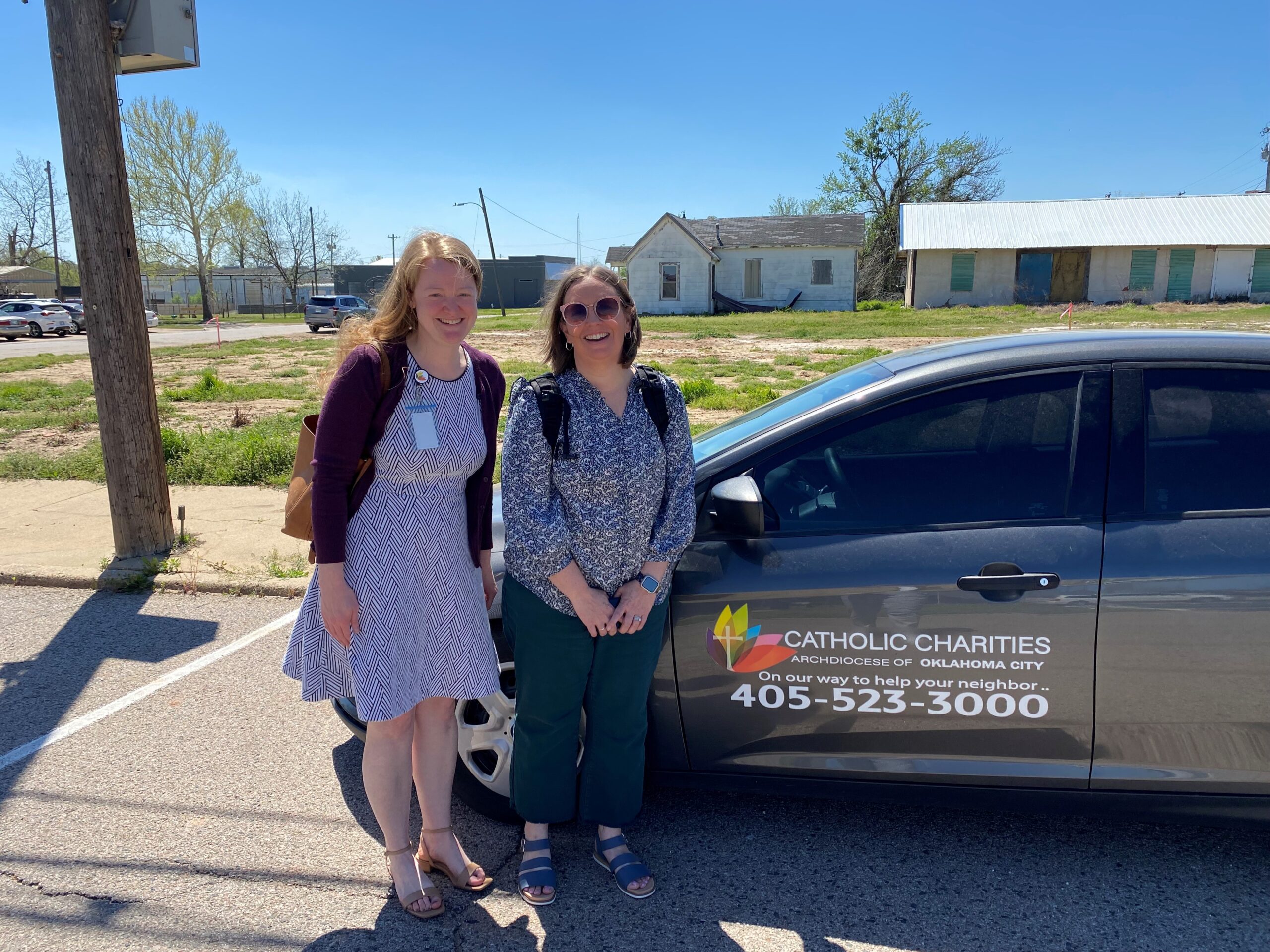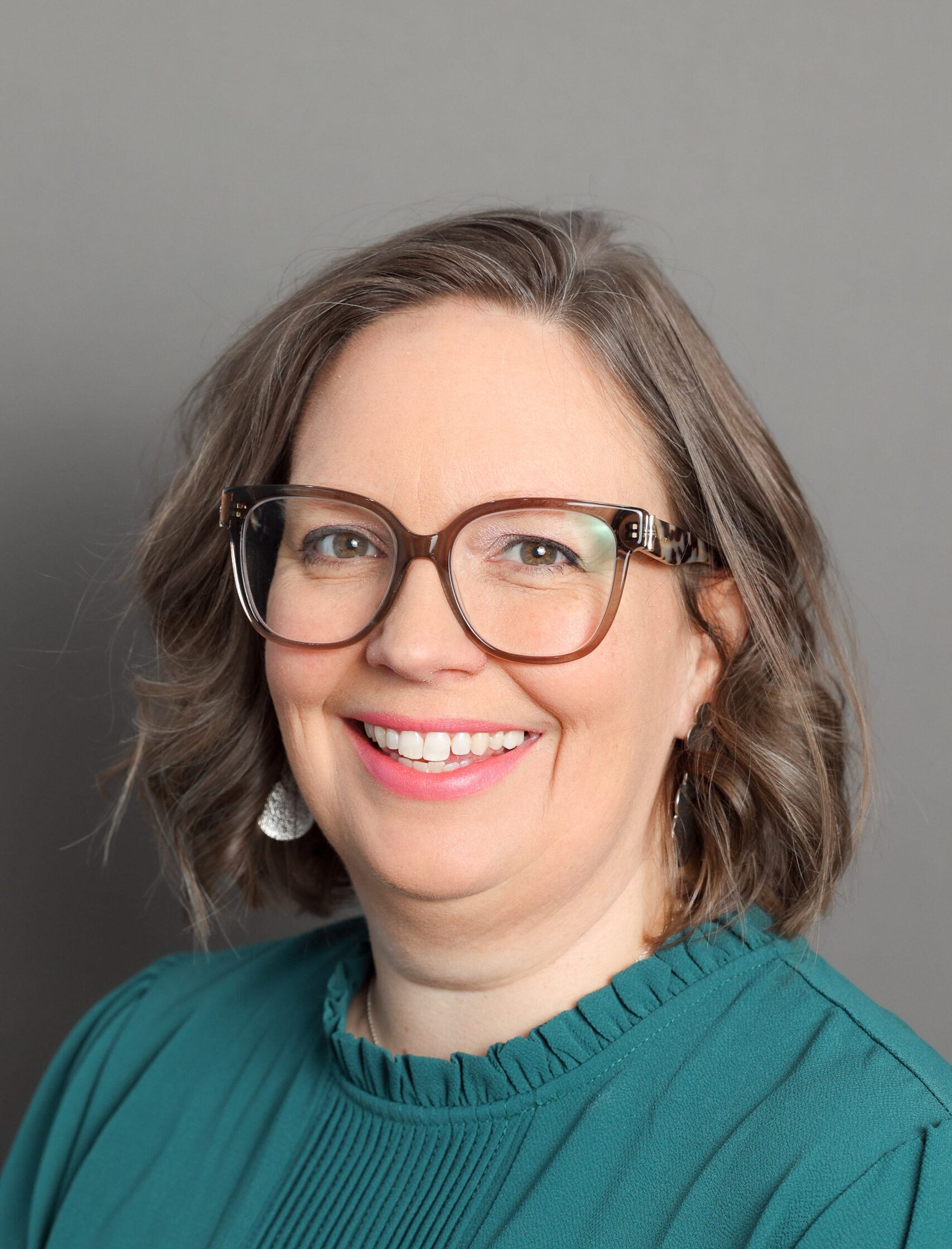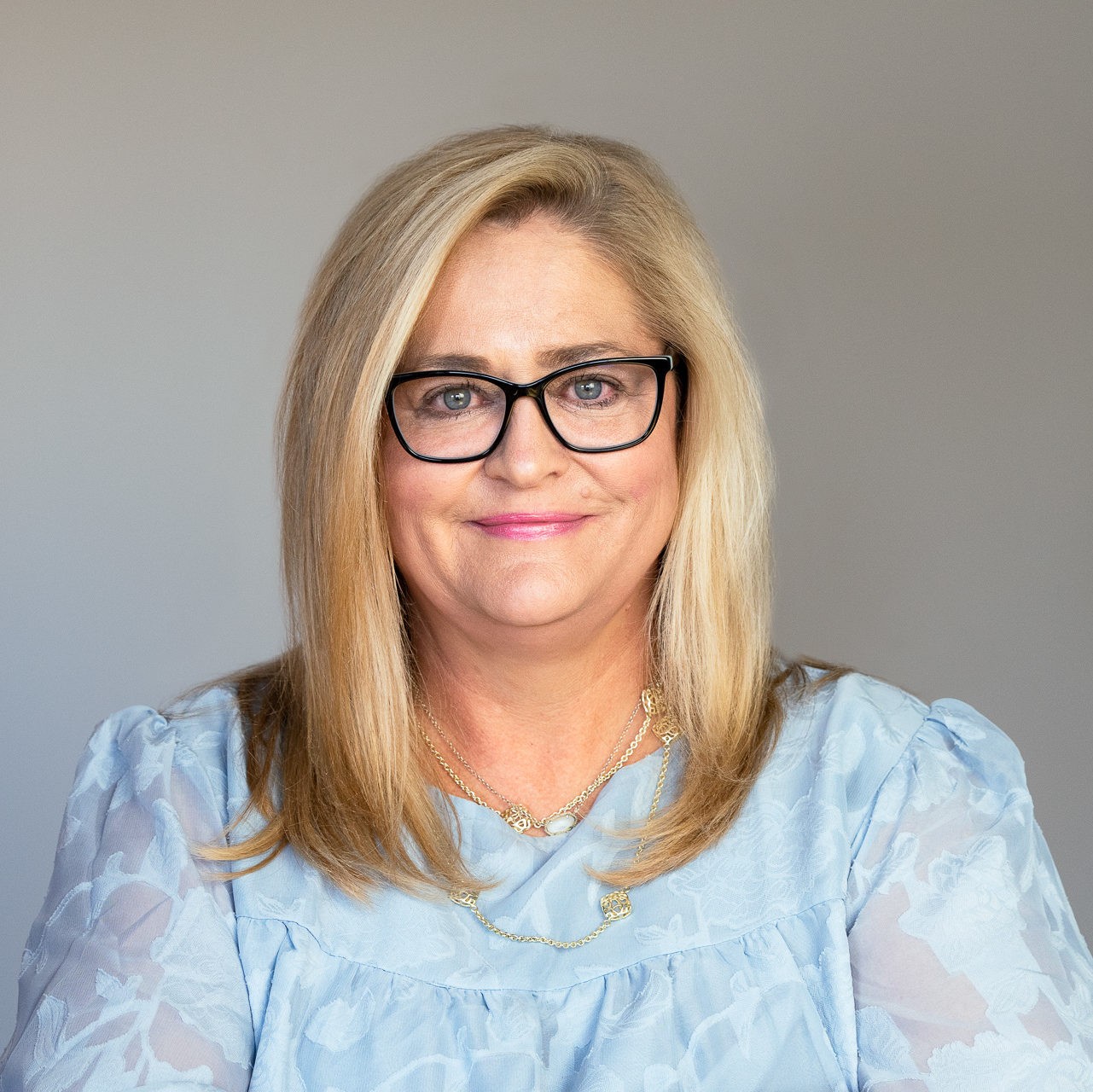Community + collaboration = Equitable recovery for all

Recently one of our grantee partners in Oklahoma, who has been tracking disasters in the state since March 2015, shared that disasters requiring assistance from outside the local community occur every 12.4 weeks. This is not shocking to those of us who’ve noted the increased frequency and strength of natural hazards over the last several years. It is both a confirmation and an explanation of the exhaustion and stress that Oklahoma organizations working to help communities and households recover are feeling.
On April 19, 2023, more communities were added to the list of areas needing outside resources when eight tornadoes caused three fatalities in Oklahoma. As damages from the storms are assessed, and needs are revealed, CDP will continue to support communities as they work towards equitable recovery for all.
I (Cari) have been engaging communities after disasters in Oklahoma since the Central Oklahoma tornadoes in 2013. Some of you might remember the devastating Moore tornado from that time, but I remember visiting multiple small communities outside of Oklahoma City and Moore that were also affected by storms but received less attention.
Since 2013, I have been building relationships throughout Oklahoma with individuals and organizations involved in disaster recovery at all levels. Since joining CDP in 2019, I’ve had the opportunity to strengthen old relationships and build new ones. CDP’s Midwest Early Recovery Fund has awarded 17 grants totaling $1.4 million since 2015 in response to tornadoes, floods, wildfires and winter storms. These established relationships and partnerships mean that we are already supporting communities impacted by the April storms and will be able to identify needs and potential new local partners more efficiently over the next few months.
Four tips for supporting equitable recovery
In early April, I (Cari) had the opportunity to travel to Oklahoma to visit grantee and philanthropy partners across the state with Sally Ray, whose history and relationships in Oklahoma are much deeper than mine. We want to share some of our learnings with you and invite you to join us in supporting communities across the country that are struggling to recover.
Trust local place-based funders
Local, place-based funders are often our first call and our most trusted partners. In Oklahoma, these place-based funders have deep relationships and understanding of the communities and systems at play that I (Cari) could never have. We have developed long-term relationships with these funders, allowing us to work collaboratively on where funding is needed.
Invest in capacity, talent & wellness
Organizations, especially those providing case management and direct assistance to individuals and households, are stretched thin, and their employees are tired. As funders, we need to support these organizations as they invest in capacity and talent so that they can provide wellness resources for their communities and themselves. At CDP, we provide funding for organizations to add staff, build training and expertise, and mobilize their resources for broader audiences.
Listen to the local community
I (Sally) was raised in Oklahoma, and though I now call Texas home, I’ve lived most of my life there. While traveling through my home state with my colleague, Cari, we felt validated that our community-driven approach to grantmaking is the best way to do what we do. It’s more than community-driven, though. It is relationship driven. Equitable community recovery is also relationship driven – especially in more rural locations that have received less attention. The people who live and work there and were affected by the disaster should drive their own recovery.
Make sure recovery is holistic
One of our grantee partners, Oklahoma Indian Legal Services (OILS), shared their efforts to see the legal services they provide to Indigenous community members throughout Oklahoma as holistic. Staff told us, “We don’t just focus on the courtroom but on the community surrounding the courtroom.” They are working to provide much more than what might come to mind when you hear “legal services.” They are developing services that assist households with navigating legal needs, such as wills and property ownership documentation, and working with the community and tribal leaders on preparedness, housing, food security, and so much more. All of their work decreases risk and vulnerability.
We heard that same thinking throughout our time in Oklahoma. Disasters do not happen in isolation, and we cannot only look at direct disaster-caused needs if we want equitable recovery to occur. Instead, we must consider the whole person and the whole community. This requires all funders to see themselves as disaster funders and collaboratively address housing, food security, education, mind and body health, and all other areas that intersect to make strong, thriving communities.
Collaboration is key
Philanthropy often encourages nonprofit organizations to collaborate to be able to do more. The entire long-term disaster recovery system is based on organizational collaboration. At CDP, we always recommend that funders work closely together when supporting communities after a disaster—pool your resources, share grantee ideas or even accept one proposal drafted for another funder. Philanthropic organizations that collaborate leverage each other’s resources to increase impact. Cari and I regularly collaborate, not just with other funders but with our internal CDP funds, finding ways to expand the reach of our work. We’ve used funding through the Midwest Early Recovery Fund, the CDP Disaster Recovery Fund and the CDP Tornado Recovery Fund to do some critically important work together in Oklahoma. Whether it’s examples like this in Oklahoma. Or sharing expertise learned from Cari’s experience in the Midwest with organizations and funders in Kentucky, our collaborative work within CDP can be a model for external funders.
So, join us. Collaborate with us. Help us help communities recover equitably. You can donate directly to the CDP Midwest Early Recovery Fund or the CDP Tornado Recovery Fund and help us continue this work. Or reach out to either of us to join us as we fund. Let’s leverage our dollars and make a real difference with our precious philanthropic resources. Community + collaboration = equitable recovery for all.

